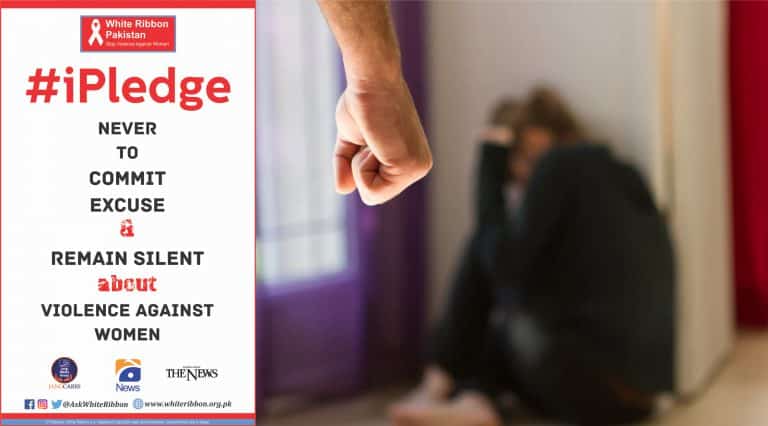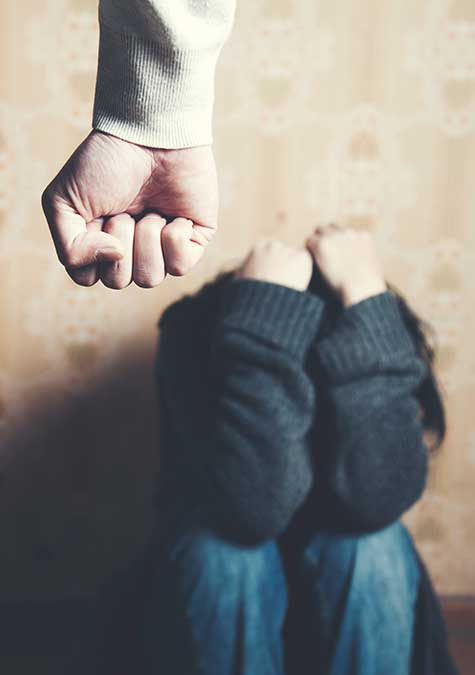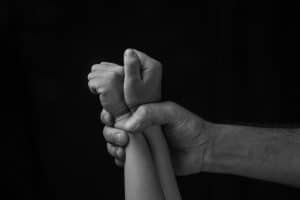The survival of the fittest can be a perfect phrase that can describe our world today.
The coronavirus pandemic has hit the world so hard that it is impossible for most of us to comprehend its magnitude. No matter how many problems have existed before, we have never experienced the world to come together, and fight for a single cause as one enormous family.
It is comforting to see the empathy for every country and nation, but also very disheartening to see how unprepared we were for a pandemic crisis like this. This novel coronavirus pandemic has forced us to ponder on how we all used to take our lives for granted. How ill-informed we were about our capacities and strengths.
The definition of a superpower – a country that could dominate and exert influence on a global scale through its means of economic, military, technological, and cultural strength has entirely changed to a nation that can save its people’s lives with the best of health facilities.
Now the next question is, how to survive the economic crisis? At this moment, no expert can analyze and share an accurate picture of the abyss we will fell into.
It is anticipated that millions of employees will be laid off, and the world economy will be shaken to its core. But what you and I can do about this?
The foremost step is to accept the current state of affairs. To overcome anxiety, we must accept that our lives are going to be changed for a while and we should focus on areas that we can control. Focus on your strengths and abilities and remember the last time, when things got bad, and how you got through them.
We all have a role to play, to do what we do best. We must understand that this pandemic will leave us with other serious problems which might take some time to get back to normal. However, we must remember that working hard and taking care of our mental health is the key to survival.
These are the three ways you can overcome anxiety about this pandemic and your financial stress:
Take care of your body
Some exercises can really heal you from inside. Take deep breaths, stretch, or meditate. In these times, nervous eating is the most common habit so try to avoid that. Eat healthy, well-balanced meals on time. Regular exercise and 7-8 hours’ sleep can truly reduce your stress levels.
Make time to unwind
This is true that a person who follows one hobby can sustain good mental health. Do something creative, which makes you feel productive in these days of quarantine? For some, it can be cooking or painting, or playing music, or even getting closer to God.
Organize Work From Home
For many of us, working from home is a new routine. Therefore, understanding that this is the only option can make you understand that things will be different for some time but not necessarily unproductive. Get up early in the morning and dress up so you can follow a schedule. Make a to-do list and follow it one by one. By the end of your working hours, it will give you a sense of accomplishment and you would feel less stressed about your job or business. Stay connected with your co-workers. Listen to their issues, help each other follow a work from home routine. Be concerned, be supportive.
Connect With Others
Fear and anxiety are natural and normal emotions to experience. The fear over the coronavirus has taken us all down, but it should not consume our lives completely.
The anxiety we all feel is the fear of the unknown. We, humans, are programmed to schedule, plan, and control our lives. When this is taken from us, especially collectively, we feel scared and the fear of what will happen next increases our stress and anxiety.
We all react differently when we are challenged with anxiety. Some people start overacting by hoarding of food, unwanted items to take control of their situation. While some are glued to all mediums of information.
In these tough times, for the sake of our mental health, we should only stick to the facts, and not follow and believe everything that we hear and read. Only check trusted sources for information and updates. There is no need to watch the news all day. Talk to people who you trust. Social distancing doesn’t mean you disconnect with the world. Talk to your trusted people about your fear, anxiety, and concerns. Tell them how you are feeling.
Coronavirus came like an unpleasant surprise. Rather than creating a panic, we must learn from others and adopt the best practices. We all must exercise crisis management and mold our routines accordingly.
We are in deep rapture, and so in deep opportunity. It is up to us how we deal with these times and become a source of hope for ourselves and our loved ones. We must learn to accept and adopt one thing at a time.





